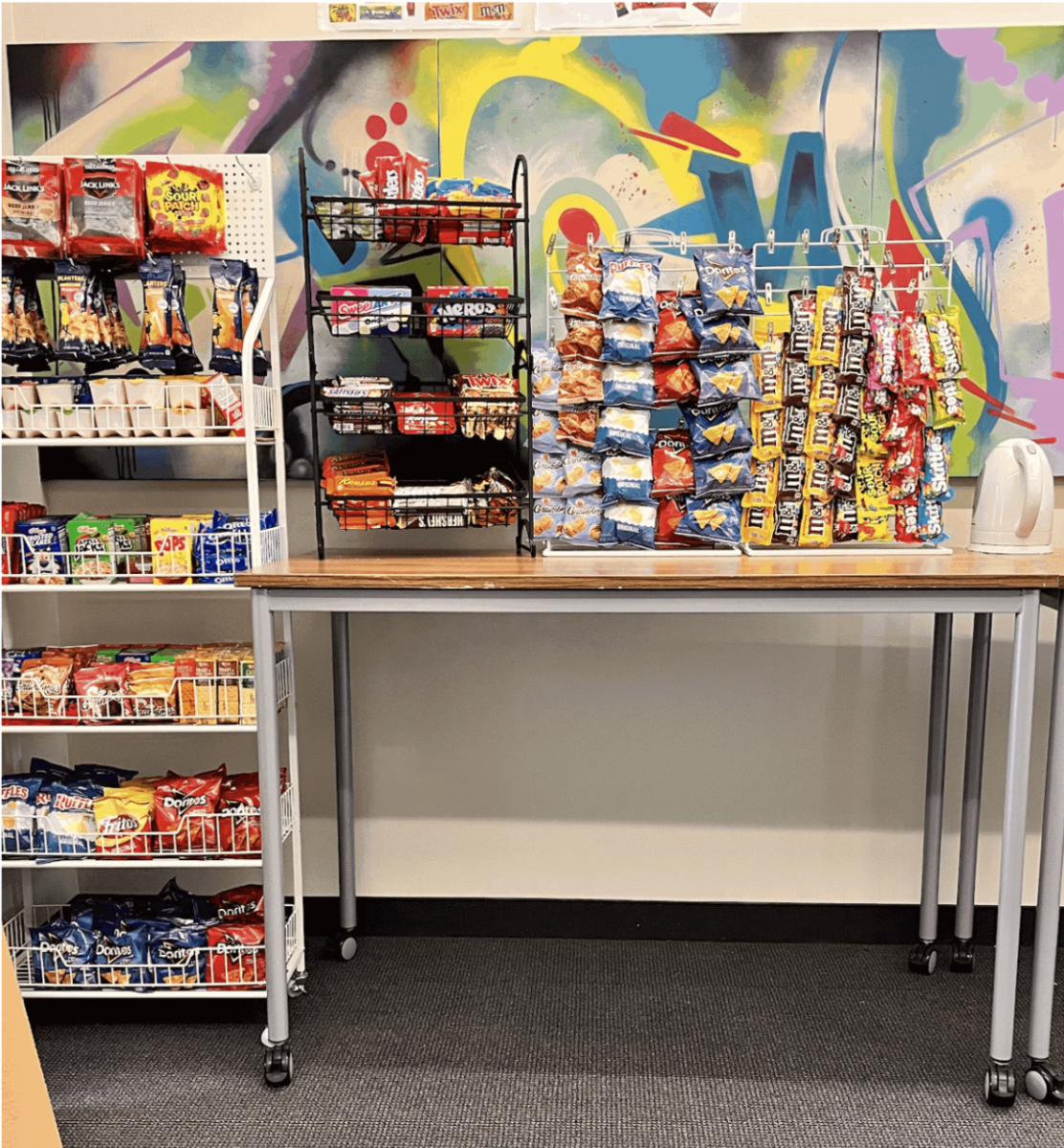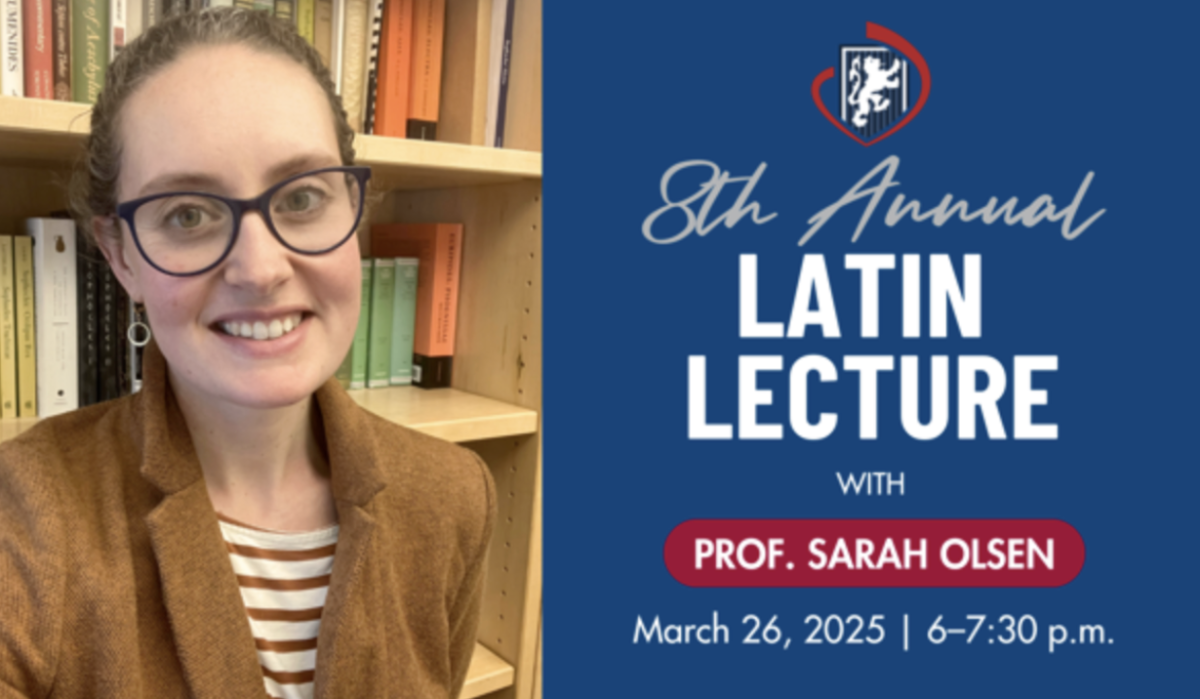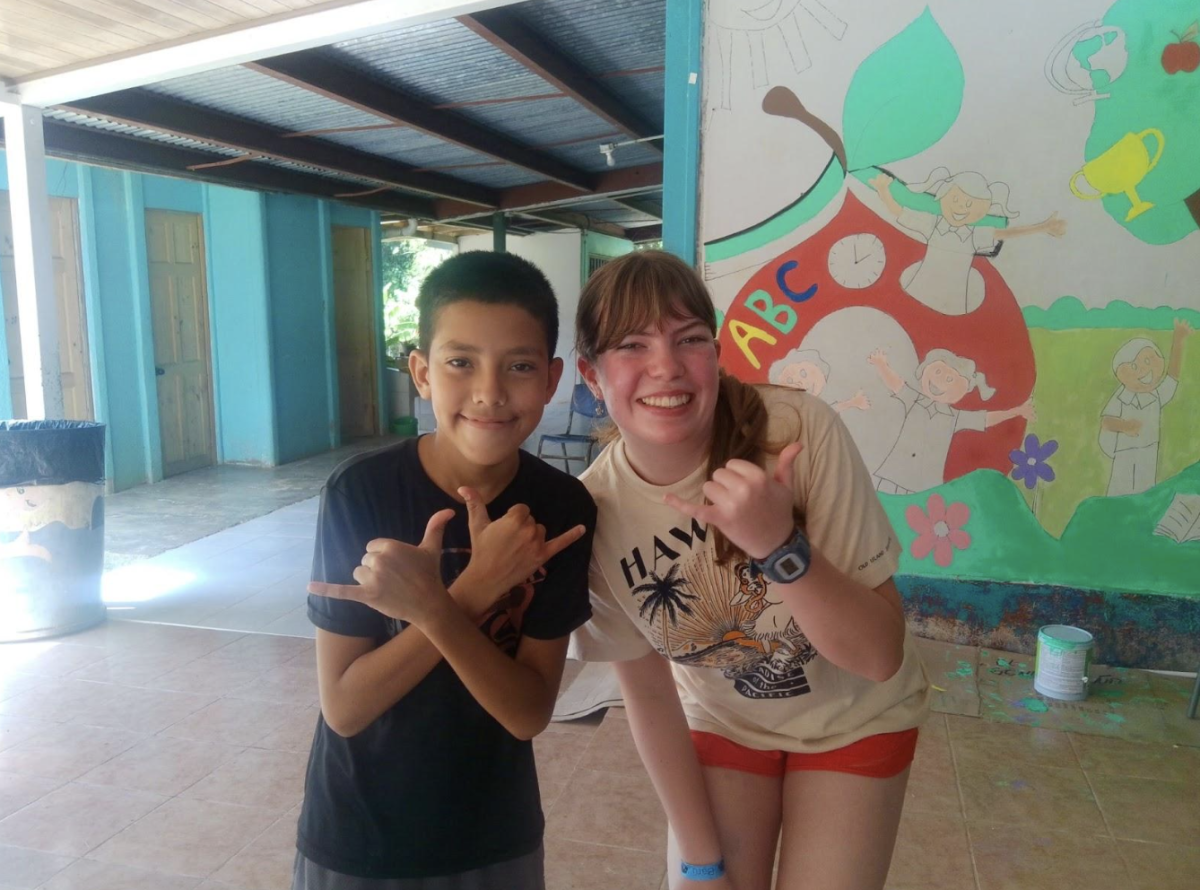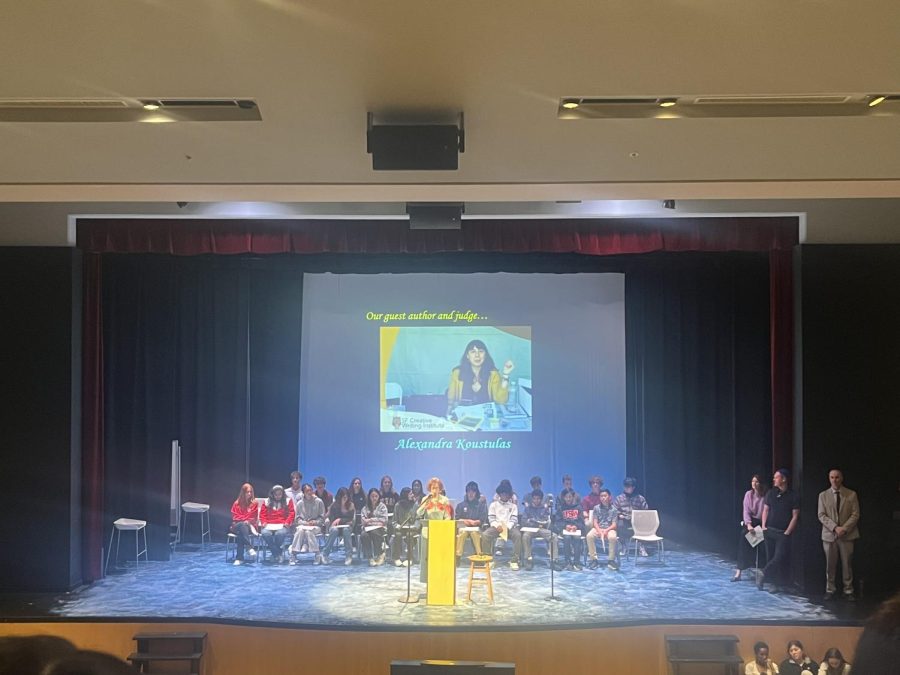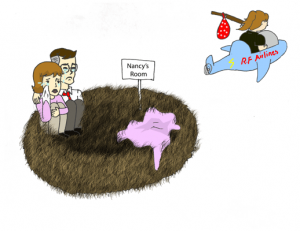
After the excitement of high school graduation dies down and the new college freshmen go off to college, parents can experience a feeling of loss and sadness especially after the last child leaves home, a phenomenon known as empty nest syndrome.
Madison Riehle
Editor-in-Chief
After the excitement of high school graduation dies down and the new college freshmen go off to college, parents can experience a feeling of loss and sadness especially after the last child leaves home, a phenomenon known as empty nest syndrome.
Although it is not a medical condition, empty nest syndrome has become a popular term, especially for full-time mothers, who have dedicated much of their time to their children, according to Mayo Clinic.
“I felt lost when Taylor left for college,” Alison Carlson, mom of Taylor Carson (’12), said. “I was an involved mom, and the constant job was taken from me. I felt I was retired before I was ready. Missing the energy that teenage girls brings to the house was also gone, the house was quiet and I felt lonely.”

While most parents experience loss, extreme cases can lead to clinical depression, identity crisis marital conflicts, according to Mayo Clinic. Children leaving home for college also reduces family and marital conflicts.
“For me the journey of what to do next addressed getting in touch with other parts of my life, some of which I had not addressed during raising my two daughters,” Carlson said. “We bought some acreage in Argentina and have started making wine together.”
Carlson also started researching Winston Churchill and has a book coming out this May on Churchill’s time as prime minister.
Students also can experience the same sadness as their parents as they move out of home and no longer receive their parents’ physical and emotional support firsthand.
“I’m excited about leaving and having new experiences,” senior Sabine Kelly, who has not decided on a college, said. “But, I’m going to miss having people I’m so comfortable with around me at all times, and having a group of people that’s always going to be there for me and support me unconditionally.”
The Mayo Clinic recommends talking on the phone twice a week or teleconferencing with apps such as Skype or Google Hangouts.
“Both Kelsea and Taylor called me daily in college, usually when they were walking between classes and didn’t have a friend to walk with,” Carlson said. “Texting of course is easiest for them. I just enjoy the sound of their voices.”
In an effort to aid parents and students as they navigate going to college, school counselor Annie Egan is hosting “The Transition: Staying Connected and Letting Go” in the Reception Room at 6 p.m. tonight.
“As much as I am excited to have them home, I have come to enjoy the quiet,” Carlson said. “But, they never leave.”








